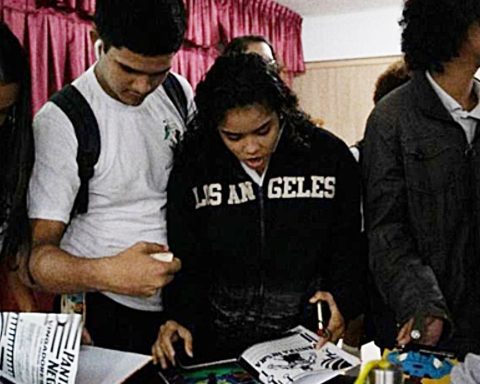MIAMI, United States. – Government representatives of China and Cuba signed an agreement on cybersecurity on Monday with the supposed objective of “working for an internet based on the development and well-being of the peoples,” according to a report from the state news agency Prensa Latina.
The agreement was signed by the Minister of Communications of Cuba, Mayra Arevich, and Cao Shuming, vice head of China’s Cyberspace Administration, during a working visit by officials of the Cuban regime to the Asian country.
On Twitter, Arevich assured that the agreement signed between the two governments ratified “the will to work for a cyberspace based on the development and well-being of its peoples.”
The agreement has been received with suspicion by media and independent organizations, given the collaboration of Cuba and China in an area where both regimes exercise tight control.
In accordance with a report of Freedom House of 2019 Cuba is the country (out of 70 analyzed) with less Internet freedom. In the same ranking, China ranks first.
Since 2020, Cubans have reported total and partial cuts of internet service, specifically during the occurrence of citizen protests. In this context, China, with a long history of internet censorship, could have provided advice to the island, Cuban activists have denounced.
In statements to Project Inventorythe communicator and engineer Norges Rodríguez Almiñán suggested that “given Cuba’s tradition of censorship and its political and commercial relations with China” the Island would have had the technology to limit Internet access, especially in the face of a scenario of demonstrations, even before allowing access to the network of networks from the mobiles.
According to the organization Access Now, which oversees internet access worldwide, 2021 was the year with the most records of internet outages in Cuba. This is the same year as the massive protests that shook the nation.
“Cuba was the only country in Latin America and the Caribbean that cut off internet access in 2021,” the report concluded. “The return of digital authoritarianism”published by Access Now.
According to that report, the island’s regime responded to “the growing protests and demands for reform” by cutting off the internet and blocking social networks and virtual private networks (VPNs).
“Governments use network outages as a tool not only to thwart and disrupt protests, but also to hide the human rights violations that are commonly linked to repression by security forces, particularly in countries with authoritarian regimes. or weak democracies,” Access Now concluded.















